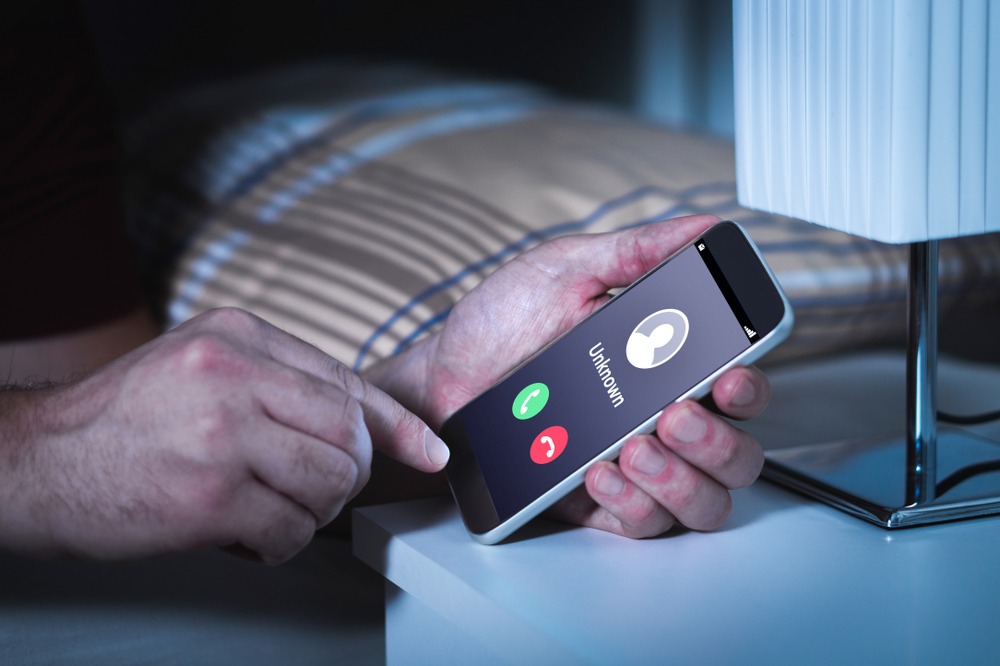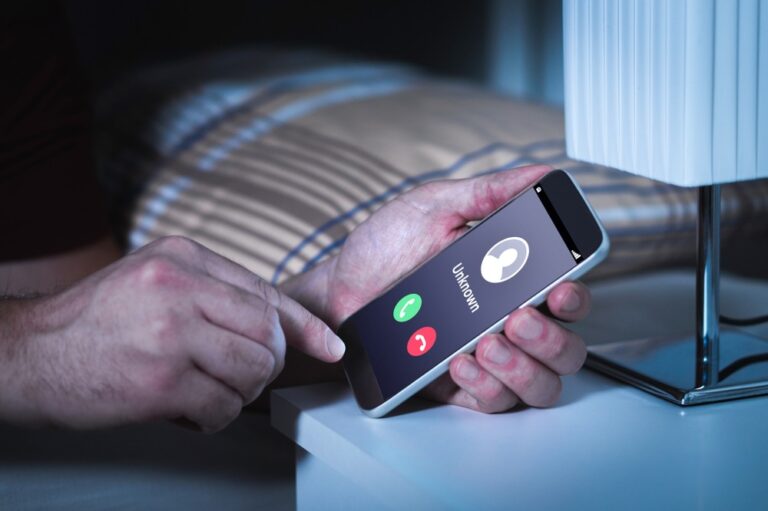
Is Prank Calling Illegal in the UK? A Comprehensive Guide
Prank calling, also known as hoax calling, has been a popular pastime for many people, especially among the younger generation. Often seen as a harmless joke, prank calls can range from funny and light-hearted to downright disruptive and harmful. However, the legality of prank calling in the UK is a matter of serious concern, particularly when it involves emergency services like the police. Understanding the legal implications of prank calls is crucial to avoid potential legal consequences and to ensure the safety and well-being of all individuals involved.
What Constitutes a Prank Call?
A prank call typically involves calling someone with the intent to amuse, confuse, or annoy them without any serious intent. Prank calls can vary significantly in nature, from harmless jokes and impersonations to more serious and disturbing actions such as threats or obscene language. The intent behind a prank call and its impact on the recipient are key factors in determining whether it crosses the line from a joke to a crime.
Is Prank Calling Illegal in the UK?
In the UK, prank calling can indeed be illegal, depending on the nature of the call and the intent behind it. The UK law considers prank calls that cause distress, anxiety, or harm to the recipient as potentially criminal activities. Several pieces of legislation can be applied to prank calls, making them a serious offence under certain circumstances. Here are some key laws that could apply to prank calling in the UK:
- Communications Act 2003
Under Section 127 of the Communications Act 2003, it is an offence to send a message or make a call that is grossly offensive, indecent, obscene, or menacing. This law can apply to prank calls if the content of the call is deemed offensive or intended to cause harm or distress to the recipient. Offenders can face a fine or imprisonment for up to six months. - Malicious Communications Act 1988
The Malicious Communications Act 1988 makes it illegal to send any letter, electronic communication, or other articles with the intent to cause distress or anxiety to the recipient. If a prank call involves threats, obscene language, or other malicious content, it could fall under this Act, resulting in criminal charges and potential imprisonment. - Protection from Harassment Act 1997
The Protection from Harassment Act 1997 prohibits a course of conduct that amounts to harassment of another person. If a person repeatedly makes prank calls to the same individual, causing them distress or alarm, they could be prosecuted under this Act. This can lead to a restraining order and, in severe cases, imprisonment. - Public Order Act 1986
Under the Public Order Act 1986, it is an offence to use threatening, abusive, or insulting words or behaviour with the intent to cause harassment, alarm, or distress. Prank calls that include such language or actions could be considered a public order offence.
Is Prank Calling the Police Illegal in the UK?
Prank calling emergency services, including the police, is a serious offence in the UK. Making false reports or wasting police time not only diverts valuable resources away from genuine emergencies but also puts lives at risk. The following laws specifically address prank calls to the police and other emergency services:
- Criminal Law Act 1967
Section 5(2) of the Criminal Law Act 1967 makes it an offence to cause wasteful employment of the police by knowingly making a false report. This includes false alarms or any actions that lead the police to believe an emergency exists when it does not. Prank calling the police with false information can lead to fines, community service, or even imprisonment. - Emergency Workers (Obstruction) Act 2006
This Act makes it an offence to obstruct or hinder emergency workers responding to emergencies. Prank calls to the police that result in the unnecessary deployment of emergency services could be seen as obstructing their duties, leading to legal consequences.
What Are the Penalties for Prank Calling in the UK?
The penalties for prank calling in the UK vary depending on the severity of the offence and the legislation under which the person is prosecuted. Penalties can range from fines and community service to imprisonment. Here’s a breakdown of possible penalties:
- Fines: Minor offences may result in a fine, which can vary depending on the nature of the prank call and the distress caused to the victim.
- Community Service: Offenders may be sentenced to perform community service, particularly if the prank call was part of a pattern of harassment or caused significant distress.
- Imprisonment: Serious offences, especially those involving threats, repeated harassment, or prank calls to emergency services, can lead to imprisonment. Sentences can range from a few months to several years, depending on the circumstances.
Why Prank Calls Are Not Just Harmless Fun
While prank calls may seem like harmless fun, they can have serious consequences for both the caller and the recipient. Here are some reasons why prank calls should be taken seriously:
- Emotional Distress: Prank calls can cause significant emotional distress, especially if they involve threats, abusive language, or repeated harassment. Victims may experience anxiety, fear, or a sense of violation, particularly if they are targeted repeatedly.
- Wasting Emergency Resources: Prank calls to emergency services can waste valuable resources and put lives at risk. Police, fire, and ambulance services are there to respond to genuine emergencies. Diverting them with false reports can delay their response to real emergencies, potentially resulting in loss of life or injury.
- Legal Consequences: As highlighted earlier, prank calls can lead to serious legal consequences, including fines, community service, and imprisonment. Even a seemingly harmless joke can have far-reaching implications if it crosses the line into criminal behaviour.
How to Handle Prank Calls
If you receive a prank call, it’s important to remain calm and take appropriate action. Here are some steps you can take to handle prank calls effectively:
- Do Not Engage: Avoid engaging with the caller or giving them the reaction they are looking for. Hang up the phone as soon as you realise it is a prank call.
- Block the Number: Most phones allow you to block numbers. If you receive repeated prank calls from the same number, consider blocking it to prevent further calls.
- Report to Your Service Provider: Contact your phone service provider to report the prank call. They may be able to provide additional assistance, such as blocking the number or tracing the call.
- Contact the Police: If the prank call is threatening, obscene, or part of a pattern of harassment, report it to the police. They can investigate the matter and take appropriate action against the offender.
FAQs About Prank Calling in the UK
- Is prank calling illegal in the UK?
Yes, prank calling can be illegal in the UK, especially if it causes distress, harassment, or involves false reports to emergency services. Offenders can face fines, community service, or imprisonment, depending on the severity of the offence. - What are the consequences of prank calling the police in the UK?
Prank calling the police is a serious offence in the UK and can result in fines, community service, or imprisonment. Wasting police time or making false reports is illegal and can have significant legal consequences. - Can I be fined for making a prank call?
Yes, you can be fined for making a prank call, particularly if it causes distress or falls under the Communications Act 2003 or Malicious Communications Act 1988. Fines can vary depending on the severity of the offence. - Is it illegal to make a prank call as a joke?
While not all prank calls are illegal, they can become criminal if they cause distress, anxiety, or harassment to the recipient. It’s important to consider the impact of the call and avoid crossing the line into illegal behaviour. - What should I do if I receive a prank call?
If you receive a prank call, do not engage with the caller and hang up immediately. You can also block the number, report the call to your service provider, and contact the police if the call is threatening or harassing. - Are there any laws against prank calling in the UK?
Yes, several laws in the UK can apply to prank calls, including the Communications Act 2003, Malicious Communications Act 1988, Protection from Harassment Act 1997, and the Public Order Act 1986. Prank calls that violate these laws can lead to criminal charges. - Can I go to jail for making a prank call?
Yes, you can go to jail for making a prank call, especially if it involves threats, repeated harassment, or false reports to emergency services. Imprisonment is more likely if the prank call is part of a pattern of behaviour or causes significant harm.
Conclusion
Prank calling may seem like a bit of harmless fun, but in the UK, it can have serious legal and emotional consequences. Understanding the laws surrounding prank calls and the potential impact on victims is crucial for anyone considering this form of entertainment. By being aware of the risks and respecting the boundaries of others, we can help create a safer and more respectful society for everyone. Remember, what might seem like a joke to one person can be a source of distress and harm to another.
